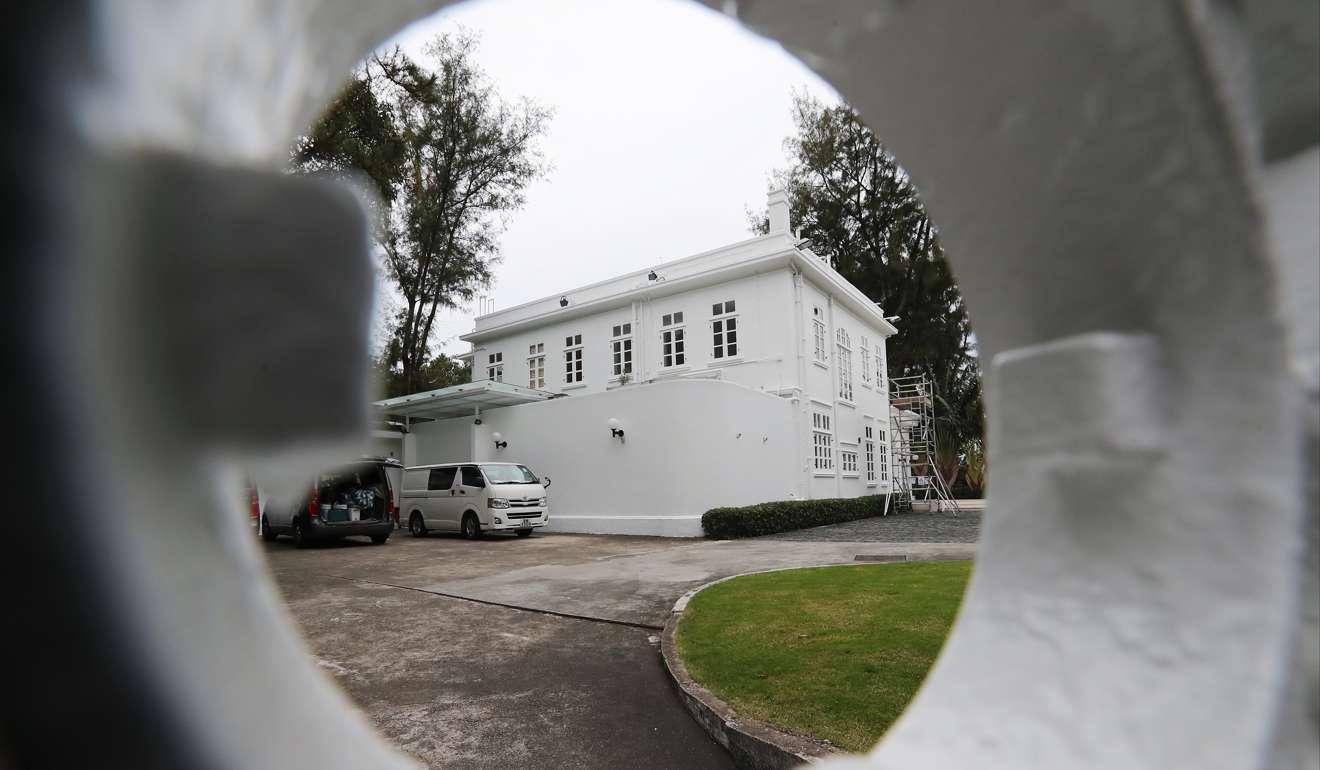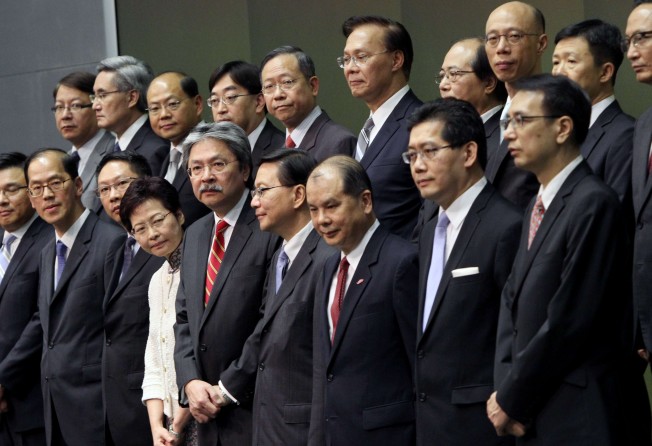
Why is Hong Kong still giving out colonial-era perks to its civil servants?
Peter Kammerer says the billions of dollars of taxpayer money being spent on benefits that once made sense for expat officials in a hardship posting defy logic in today’s Hong Kong

Hong Kong cast off its colonial shackles and became one again with China almost 20 years ago. That’s a generation, the time it takes to raise a family or, in monetary terms, the typical length of a mortgage for a flat. Yet tens of thousands of civil servants still get the sort of perks that British expatriates received for what was once considered a hardship posting. Spacious flats in prestigious locations, housing allowances and even overseas education for children are on offer with the appropriate rank, salary level and years of service.
The various schemes cost taxpayers billions of dollars a year. They provide homes, help pay off mortgages or are cash in the bank. They are over and above salaries and conditions that are often generous by private-sector terms.
Lucky are those who get such benefits, some of which no longer apply to officials being recruited today. But the question has to be asked: why are some of these benefits still being handed out? Overseas-posted Brits once received them, yet those who now get them are largely a homegrown workforce. Unlike foreigners, a place to live and finding a good school are not problems.
Let’s start with housing. Three broad types are managed by the Government Property Agency. In 2015, the latest year for which figures are available, 23,520 flats or houses were provided, the vast majority of them for police officers, firefighters, the judiciary and the like. Of the total, 169 were tied to government posts, with the chief executive, chief secretary and the financial secretary receiving the most prestigious properties.

A person in his position whose job is to make the best possible use of public finances should instead be saying he doesn’t need an official residence as he already has a perfectly fine home, so let’s end this wasteful use of resources and offload the property onto the private market. Excess properties are already gradually being sold off.
Those who aren’t eligible for a free or heavily-subsidised home are given housing benefits and allowances. There are six schemes, five for civil servants who joined the government before June 1, 2000. The latest figures for the latter schemes, for 2016-17, total almost HK$1.292 billion and benefit 16,052 civil servants. The other scheme, introduced for recruits who joined after June 1, 2000, is essentially cash in pocket on top of salary. Eligibility is based on pay level, at present HK$65,740 a month. Latest figures show 5,220 civil servants were receiving payments that amounted to HK$1.046 billion a year. Put in monthly terms per person, they average HK$16,699.
But the one that really flummoxes me is the allowance for overseas education for children under the age of 18, for civil servants who joined before 1996. It amounted to HK$214 million with a further HK$63 million handed out for travel. A local education option cost us another HK$427 million. These would have been understandable for a British expat with a family who had been posted here at a time when there were no English-language schools. But we’re not talking expats here.
I’m not jealous; it takes a certain kind of person to want to endure the greyness of bureaucratic life. But given the outdated perks still on offer, I can appreciate the clamour to join its ranks.
Peter Kammerer is a senior writer at the Post